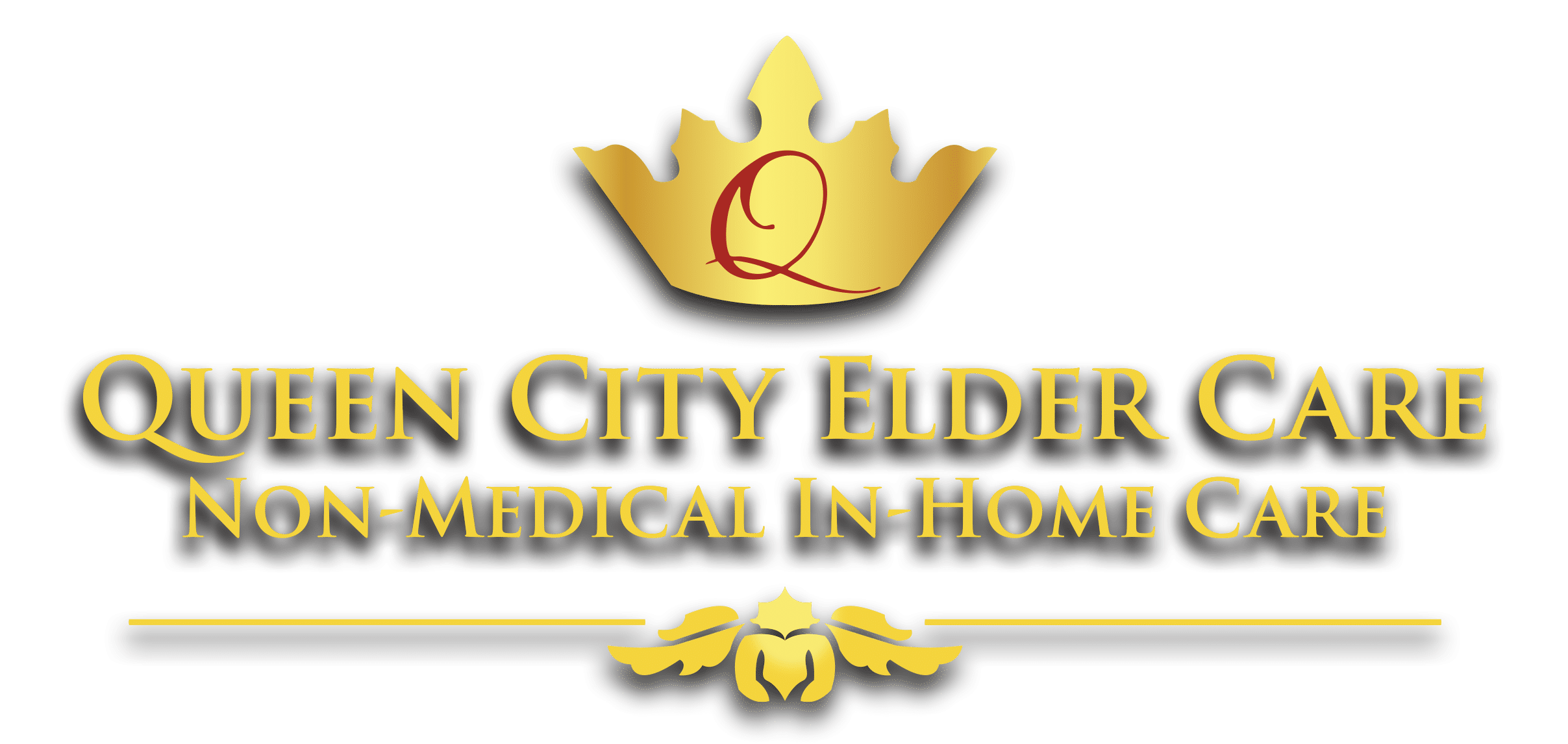Diabetes is a common condition that impacts the body’s ability to efficiently and effectively use glucose for energy. When a person has diabetes, their body either doesn’t make enough insulin or cannot use insulin the way it should. There are two main kinds of diabetes, Type 1 and Type 2. If you have an older family member with diabetes, it is important to know which kind of diabetes they have as it may affect their care.
Type 1 Diabetes
Type 1 diabetes used to be called juvenile onset diabetes because it is usually diagnosed in children. You may also hear it called insulin-dependent diabetes. Unlike type 2 diabetes, type 1 is considered an autoimmune disease because it occurs when the immune system attacks the pancreas. As a result, the pancreas is not able to make insulin.
Type 1 diabetes is not a kind of diabetes that can be prevented. Doctors believe there may be a genetic component to the disease. Although it is more commonly diagnosed during childhood, it can occur at any age. There is no cure for type 1 diabetes. People with the condition must take insulin regularly. This can be accomplished through injections using a syringe or using an insulin pump.
Type 2 Diabetes
Type 2 diabetes is the most common kind. It occurs in about 1 in 10 people. Type 2 diabetes accounts for between 90 and 95 percent of all cases of diabetes. When a person has type 2, their body still makes insulin, but they are resistant to it. The body’s inability to efficiently use insulin to convert glucose to energy causes glucose to build up in the blood.
Unlike Type 1, Type 2 diabetes is preventable by adopting a healthy lifestyle.
Some lifestyle changes that can prevent diabetes are:
- Achieving and maintaining a healthy weight.
- Being physically active.
- Sticking to a healthy diet.
It is possible for some people to control diabetes just by eating well and exercising. However, many people do need to take medications to control blood sugar levels.
No matter which kind of diabetes your aging relative has, home care can help them to lead a healthier life and manage the disease. Home care providers can remind them to test their blood sugar levels and take medications. Home care providers can also prepare healthy meals and snacks. Home care providers are also able to keep older adults more physically active throughout the day by involving them in household activities, going for walks, or driving them to exercise classes.
If you or an aging loved one is considering hiring a Caregiver in Indian Hill, OH, please contact the caring staff at Queen City Elder Care today. Serving Cincinnati and Surrounding Communities. Call Us Today (513) 510-4410.
Sources
Healthline.com
Medicalnewstoday.com
Webmd.com
Michele Vollmer is a visionary leader who is perpetually searching for ways to improve, so to remain at the leading edge of the home care industry.She has served in the healthcare industry since 1989, including pharmaceutical and home health sales, as well as hospice sales and sales management
- Personalized Alzheimer’s Care That Makes a Difference at Home - June 4, 2025
- How Does In-Home Respite Care Support Family Caregivers? - May 22, 2025
- Honoring Seniors During Older Americans Month - May 6, 2025




